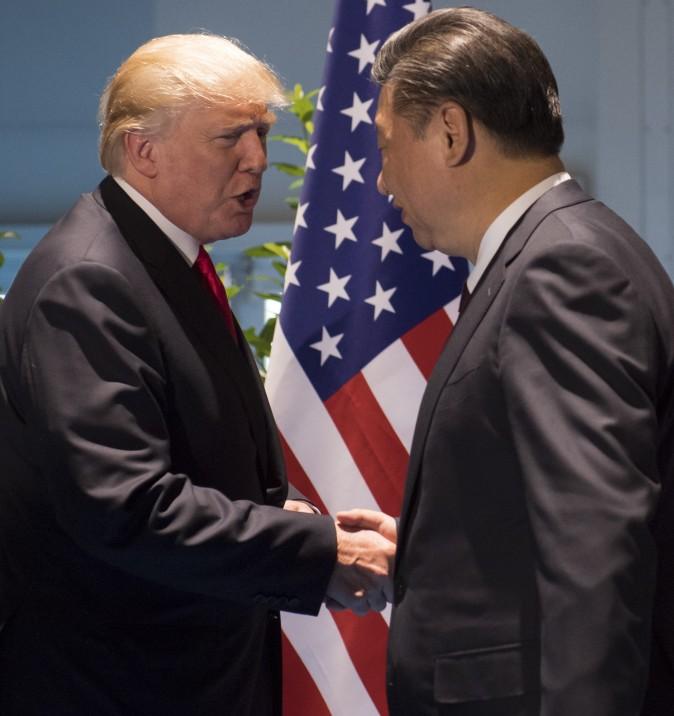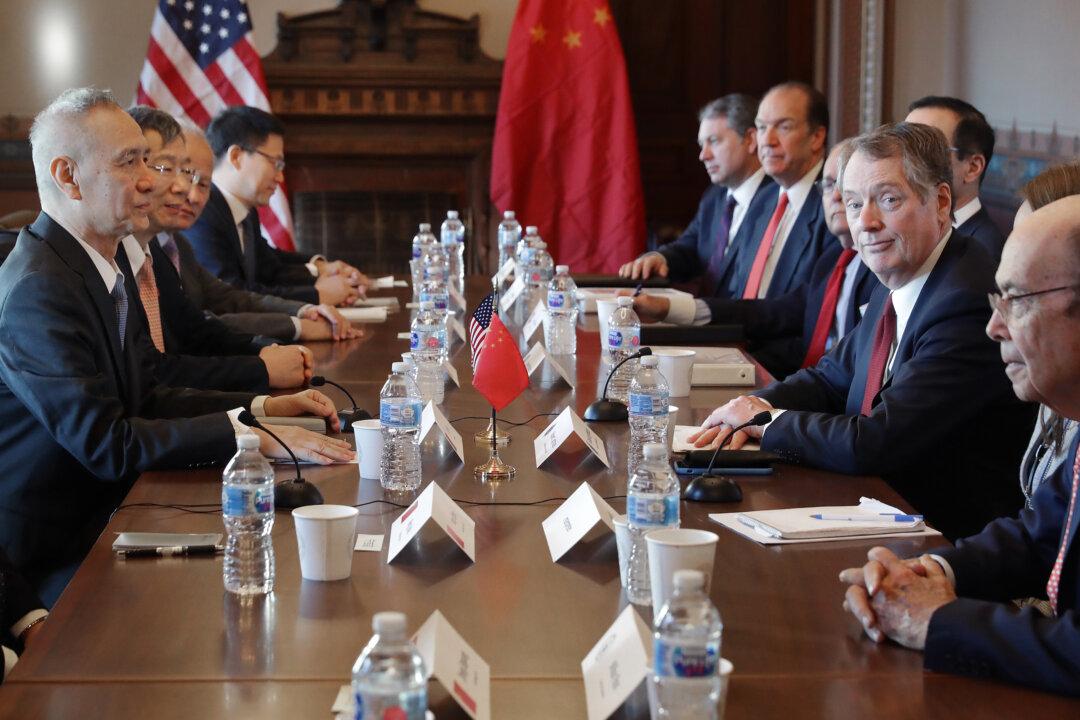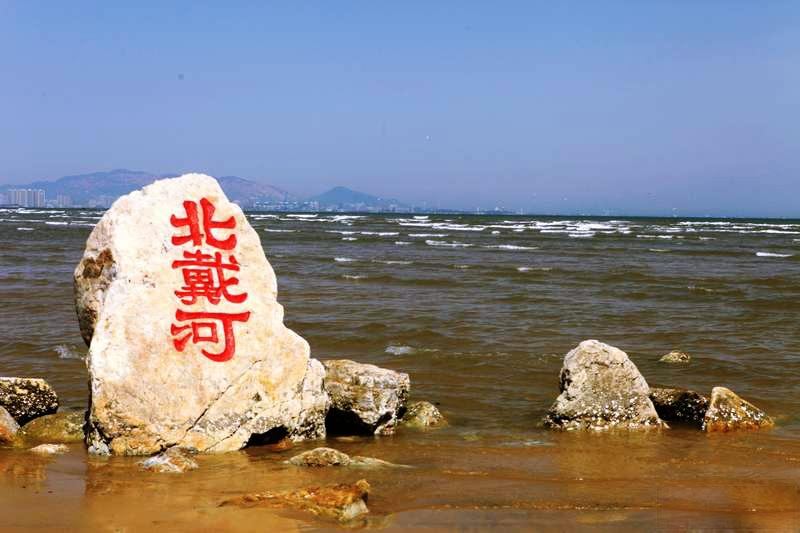Opinion
The Impact of Egyptian Uprising on China
People are wondering why Chinese people can’t do what Arabs are doing.

On Feb. 4, 2011, Tahrir Square packed for renewed protests calling for Mubarak to leave office immediately.Photo by Peter Macdiarmid/Getty Images
|Updated:





